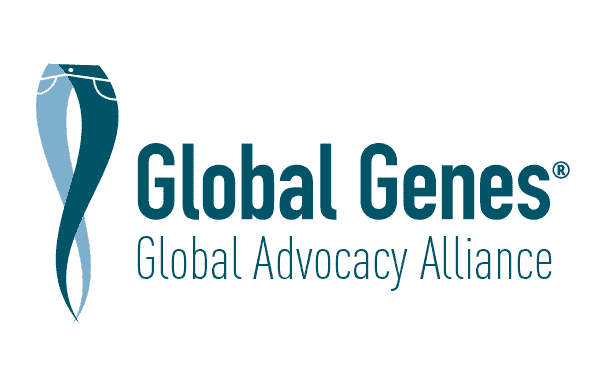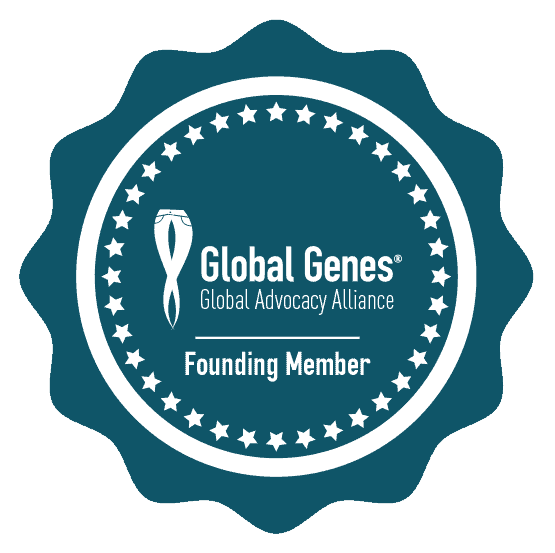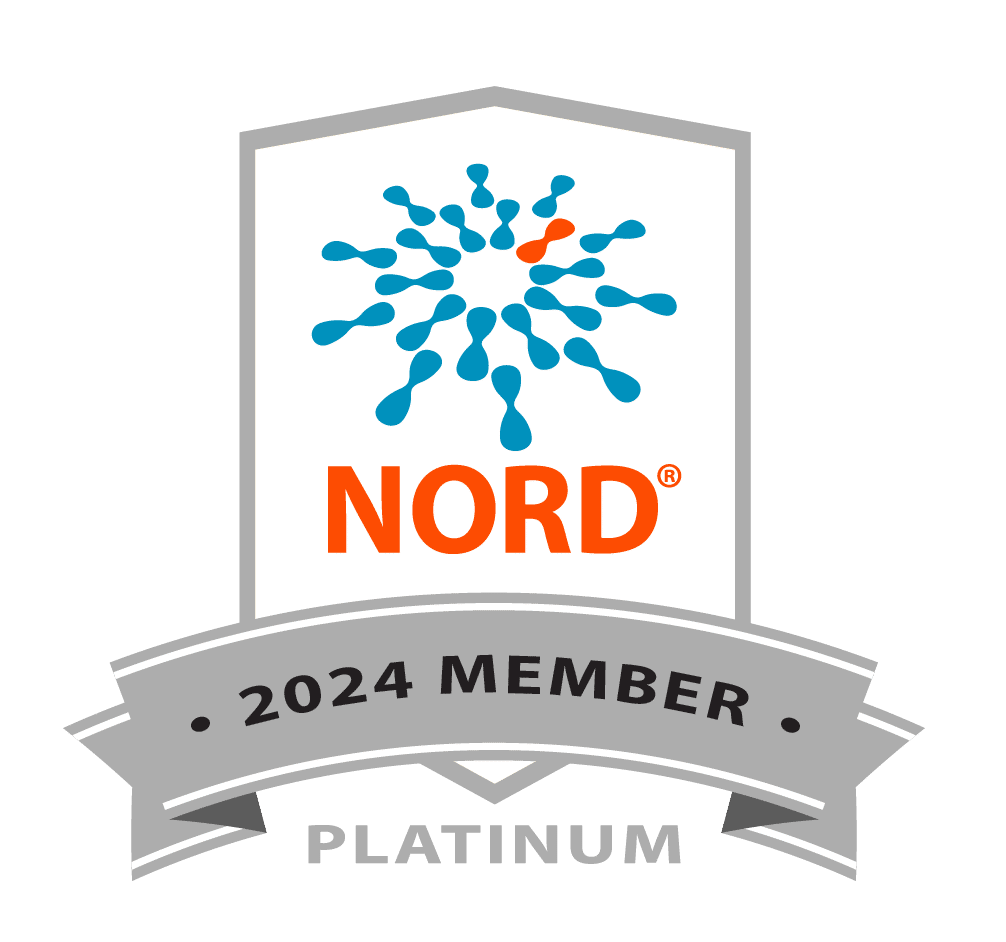Calum A. MacRae1, William J. McKenna2, Craig T. Besson’, Eric Svensson’, Denise Yates’, Jessie Gu3•
1, Brigham and Women’s Hospital and Harvard Medical School, Boston, MA;
2, The Heart Hospital and University College London, UK;
3 Novartis Institute of Biomedical Research, Cambridge, MA
The purpose of the study is to provide proof-of-concept to determine whether the ability of MEK162 to antagonize MEK activation in Noonan Syndrome HCM patients, who usually have upstream mutations in the Ras-Raf-Mek-Erk pathway that lead to MEK activation, would be beneficial over a 6 month treatment period in hypertrophy regression. The study is designed as an open label study to assess safety, tolerability, pharmacokinetics and pharmacodynamics of MEK162 in Noonan Syndrome Hypertrophic Cardiomyopathy. Primary endpoint will be the change from baseline in Left ventricular mass (LVM) after 6 months of treatment evaluated by cardiac magnetic resonance imaging (MRI). Such regression may result in cardiovascular clinical benefits with longer term treatment. Secondary endpoints include safety, tolerability and the change from baseline in cardiac energetics at 3 months and 6 months assessed by magnetic resonance spectroscopy (MRS). This study will enroll adult NS patients between the age of 18- 65, with confirmed hypertrophic cardiomyopathy.




